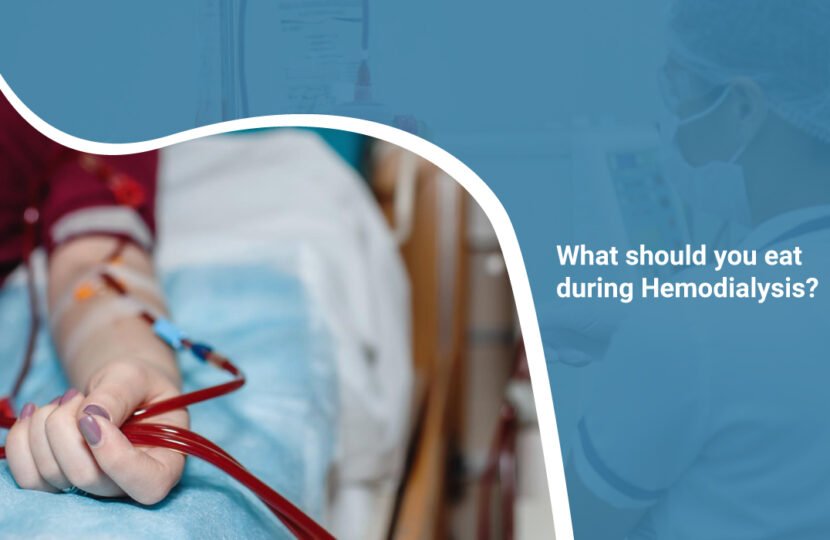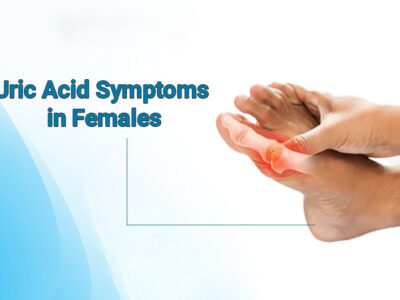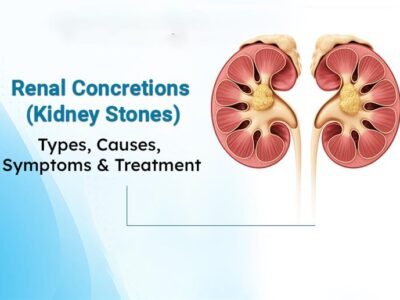Your diet is directly connected to your feelings and therefore it affects the efficiency of your treatment. Hemodialysis is the procedure of removal of waste from the body of some who is not able to perform this task on their own. It is important to know that any procedure of waste removal is not as efficient as is done naturally by kidneys. Therefore, it is necessary that one should minimize the dependence on the procedures like hemodialysis. This can be done by reducing the waste production in the body between the sessions of hemodialysis. To achieve this control over waste production one must watch their diet properly.
Who will assist me for my diet?
Before you are on hemodialysis, you will be introduced to a specialized dietician at the dialysis center. The dietician advises you on what to eat and drink during hemodialysis by examining your individual body. This advice will be given to you in written form to make it accessible to you at any time.
You should learn and follow this information to control your waste production and to make yourself comfortable during the procedure of hemodialysis. Always free feel to discuss anything about your diet with your kidney dietician.
What are the key elements to be avoided in my diet?
By meticulously watching and panning your diet you can easily avoid the foods that contain unsuitable elements for your hemodialysis. These unsuitable elements for your hemodialysis are as follows:
- Sodium
- Potassium
- Phosphorus
Why should I reduce my fluid intake?
Generally, fluids are necessary for your body to regulate electrolytes but in the case of hemodialysis, fluid intake should be reduced. Excess fluid during hemodialysis can cause:
- Significant increase in body weight
- Fluctuations in your blood pressure
- Swelling in specific areas of your body
- Breathlessness
- Obstruction in the functioning of the heart
- The feeling of being ill during the procedure
- Cramps
- Nausea
- Being lightheaded
How can I limit my fluid intake?
- One of the strongest advice that your dietician will give you is to reduce your salt intake. This will make you feel less thirsty and therefore you will take less fluid.
- You should avoid soupy foods
- Keep a count of your liquid intake throughout the day
- You should avoid foods such as:
- Pudding
- Jellies
- Ice creams
How can reduce potassium, sodium, and phosphorus intake?
Potassium
Hemodialysis can only perform the task of removing waste from the body and that too impartially. It cannot perform the task of regulating potassium in your blood. A balanced potassium level in the blood is necessary for the proper functioning of your heat. Being on hemodialysis means that your kidney’s function is degraded to regulate your potassium. Therefore, you need to reduce your potassium intake yourself. This can be achieved by:
- Avoiding food items such as:
- Spinach
- Tomatoes
- Bananas
- Beans
- Raisins
- Peas
- Salmon
- Taking fewer portions of potassium-rich foods
- Talking to your dietician to change your potassium-rich diet with something else
Sodium
As established in the above topic fluid intake must be limited while you are on hemodialysis, sodium restriction is necessary in the diet because it makes you feel thirsty and more susceptible to liquid intake. To limit the sodium in your diet you must do the following things:
- Avoid canned and processed food products
- Take your food with less seasoning
- Check the sodium content in the food you take on its label
- Never try to substitute natural salt with some other product
Phosphorus
Same as potassium regulation in your blood, phosphorus can only be regulated by a healthy kidney in your body. Now that the kidneys of the patient on hemodialysis are damaged and non-functional, they must take the task of phosphorus regulation in their body to themselves. If the phosphorus remains imbalanced, it can cause weakening of bones, rashes, and itching.
Phosphorus regulation is much more difficult than any other nutrient regulation due to the association of phosphorus with foods that contain protein. Therefore, your doctor may advise you to take some medications to maintain your phosphorus levels in the blood
Should I need to limit protein in my diet?
Protein rich diet is necessary for you during hemodialysis as the waste produced due to protein is very less. So, you should not reduce protein in your diet. In fact, your dietician will advise you to take food items such as meat, eggs, and fish as these food items contain rich amounts of protein. Some sources of protein available in the market are processed and contain high levels of sodium and phosphorus. These food items are advised to avoid.
Conclusion
Hemodialysis is only a temporary method to remove waste from your body, but the efficiency of this procedure dictates the success rate of your kidney transplant. To make hemodialysis more effective, one must control their diet and stay under the finest supervision.
At Alfa Kidney Care you will be provided with the most experienced renal dieticians to help you stay in good shape while on dialysis.
For more information, Contact: Alfa Kidney Care


